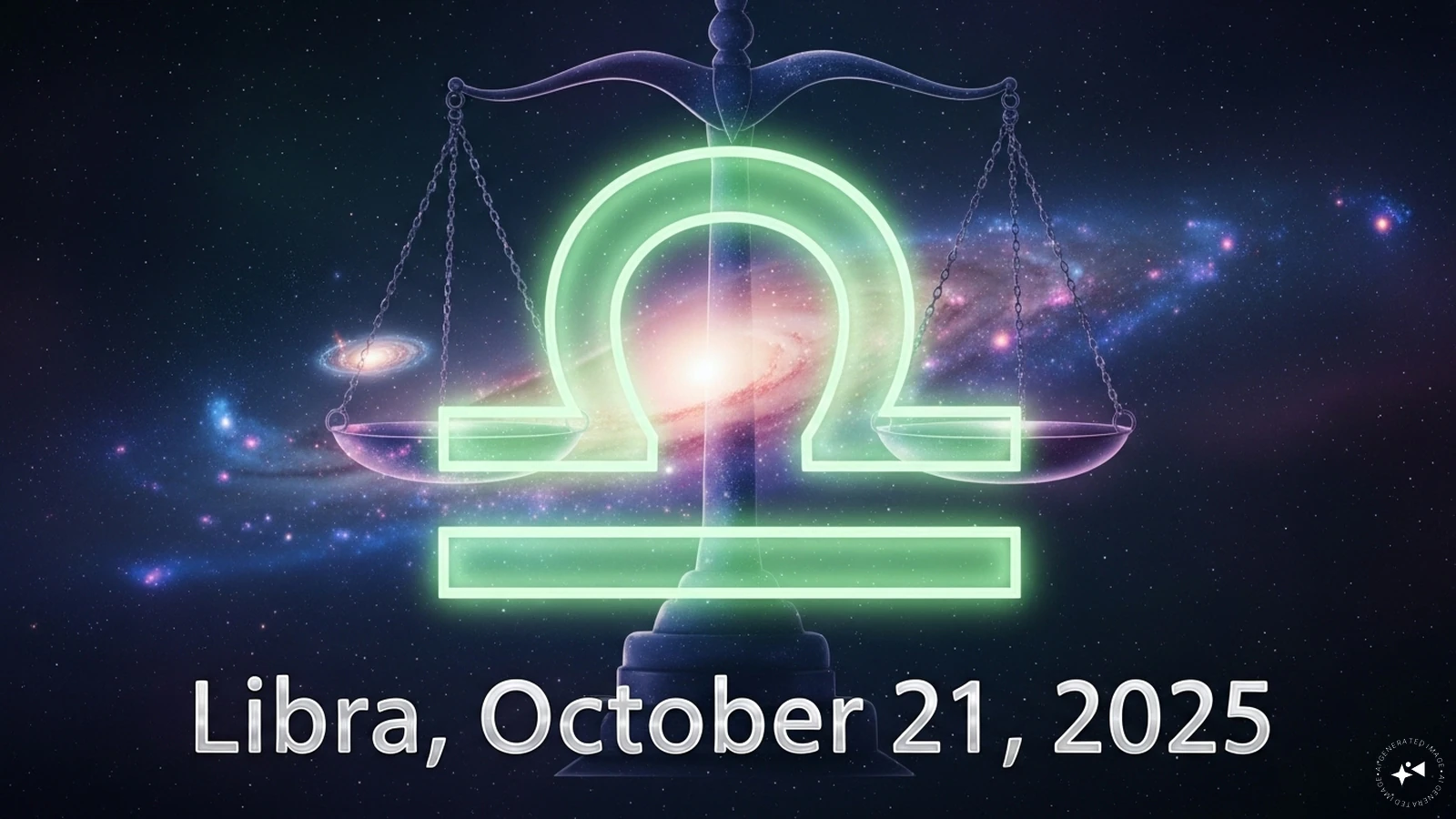Copyright astanatimes

ASTANA — Kazakhstan is overhauling its three-decade-old banking law in a bid to future-proof its financial system for the digital era, moving beyond a 1995 framework drafted long before fintech, digital assets or AI-driven banking existed. Regulators and banking experts spoke to The Astana Times about key revisions and how they recalibrate rules around fintech, cybersecurity, crisis resolution and consumer protection. “This [draft law] is the result of a deep revision of existing norms in the field of banking activities. Approaches to regulation, supervision, licensing, consumer protection, especially in lending, and ensuring the stability of banks have been changed,” Kazakhstan’s Agency for Regulation and Development of the Financial Market told The Astana Times. President Kassym-Jomart Tokayev instructed the government in September to adopt the law by the end of 2025. The proposal, comprising 135 articles in nine sections, has been submitted to the Mazhilis, a lower house of the Parliament. According to the agency, it reflects the International Monetary Fund recommendations and practices from the European Union, the United Kingdom, the United Arab Emirates, and Malaysia, following more than 30 consultations with banks and experts. “The new banking law is an important step in updating the entire architecture of the financial system. Its significance goes beyond the sector and is directly linked to the tasks set by the President in his address on digital transformation and the use of artificial intelligence,” economist Baurzhan Shurmanov said in a comment for this story. Digital assets and the digital tenge The draft introduces a legal framework for digital financial assets. These include stablecoins backed by money, secured assets issued against specific collateral, and tokenized securities such as shares and bonds. “Such assets are equated to financial instruments and regulated on par with classical ones, with mandatory registration of platforms, supervision of operations, requirements for internal control, disclosure of information and investor protection,” said the agency. Oversight will be divided between the National Bank, which will regulate stablecoin issuance and digital infrastructure, and the Agency for Regulation and Development of the Financial Market, which will supervise investment instruments and disclosure. Together, they will set rules for registrars and exchanges, among other key platforms. The draft law also establishes the digital tenge as a new form of national currency, to be used through apps and online services for fast and secure settlements. For consumers, this could mean faster, cheaper, and safer payments in everyday transactions. Requirements for payment organizations will also be tightened, including stricter registration and removal conditions. Licensing: basic and universal To broaden access to the banking market, the law introduces a two-tier licensing system. According to the agency, the basic license will allow smaller players such as microfinance institutions and regional banks to enter the market under limits on risky operations and household deposits. “The basic banking license reduces capital requirements to 10 billion tenge [US$18.7 million] and makes it easier for new players to enter the market. But it is important that they bring not only competition but also innovation,” said Shurmanov. Banks under this license will remain subject to regular supervision, including reviews under the Supervisory Review and Evaluation Process (SREP), which assesses risks, corporate governance, and capital adequacy. Larger banks will continue operating under universal licenses, which allow the full range of services. Regulators say this model will improve financial inclusion, foster competition, and create more innovative products for individuals and small businesses. With new entrants expected, attention is turning to how consumers will be protected in a more diverse and digitalized market. Consumer safeguards With new players and technologies entering the market, protecting consumers is becoming a bigger priority. The draft law strengthens these safeguards through so-called behavioral supervision, shifting the focus from financial metrics to fair treatment of clients. Complaints will follow a two-step process: first reviewed by the provider, then, if unresolved, escalated to a unified financial ombudsman serving as the main pretrial body. “This is especially important in the context of digitalization and the emergence of new complex products – the client must understand what he or she is choosing,” said the agency. According to banking expert Nurzhan Biyakayev, the draft law requires fair advertising, full disclosure of product terms, a ban on forced sales, and suitability assessments to ensure services match client needs. Standards for responsible lending are introduced to prevent excessive debt burdens, particularly among vulnerable groups. He also said that the introduction of behavioral supervision could help address shortcomings in earlier oversight. In past years, the sector faced challenges such as bank closures and disputed takeovers, which raised concerns about depositor protection and market stability. “Behavioral supervision is absolutely important. I will not agree with the opinion that each year the screws of supervision over banks are being tightened. If these screws had been tightened from the beginning, we would not have received so many problems in recent years, especially regarding the exit of banks and raider operations,” Biyakayev told The Astana Times. These experiences, he noted, highlight why stronger safeguards are being paired with new crisis-management tools. Crisis management and governance The draft law introduces internationally recognized tools for resolving distressed banks, such as debt write-downs, asset transfers, bridge banks, and separating “good” from “bad” assets. For systemically important banks, a Total Loss Absorbing Capacity (TLAC) requirement, essentially a cushion of capital and debt that absorbs losses before taxpayers are affected, will ensure shareholders and investors, not the public budget, bear losses first. “This means that a bank must have a sufficient amount of capital and debt instruments prepared in advance for possible write-off or conversion into equity in the event of significant losses. Thus, losses are first covered by shareholders and investors without involving budget funds,” said the agency. The framework limits state intervention to exceptional cases of systemic risk, with safeguards to ensure transparency and fairness. Corporate governance is reinforced, giving compliance and risk officers equal status with board members. Independent directors will face stricter requirements, including term limits and annual checks. “Through the new law, the regulator has received levers to influence banks in conditions of crisis,” said Shurmanov. Regulators also gain powers of “motivated judgment,” allowing them to assess real independence beyond formal rules. Banks will have three years to dispose of foreclosed assets to reduce non-core risks. “The introduction of qualification requirements for managers, the development of the institution of independent directors, and the expansion of the regulator’s powers in terms of motivated judgment strengthen transparency and increase trust in the system,” Shurmanov added. Artificial intelligence and risks While AI is expected to transform scoring, risk assessment, and portfolio management, experts warn of vulnerabilities. “AI may become more of an enemy than a helper in the work of the banking system. It can ricochet back toward the banks, allowing pseudo-operations to slip through, possibly in amounts of billions,” said Biyakayev. He added that Kazakhstan should prepare carefully, given the potential for fraud and job losses. “In general, there are very many questions about AI, and I can say that the consequences are more likely to be negative than positive if no adjustments are made,” said Biyakayev. For consumers, this means that while AI could expand access to credit and speed up services, it should be carefully regulated to avoid unintended risks. Islamic finance and competition The law also introduces Islamic windows, allowing conventional banks to offer Sharia-compliant services without creating separate entities. Accounts must remain segregated, with oversight from Sharia boards. The model, used in Malaysia, the United Arab Emirates, and Pakistan, is expected to cut costs, expand client access, and attract Middle Eastern investment. “The introduction of Islamic windows in traditional banks makes the market more flexible and creates conditions for the inflow of Middle Eastern capital. According to the Islamic Finance Development Report, the global Islamic finance market exceeds $4 trillion. For Kazakhstan, participation in this segment means not only attracting investment but also strengthening the resilience of the financial system,” said Shurmanov. The draft also promotes syndicated lending, factoring, and small and medium-sized enterprise (SME) financing, supported by a planned guarantee fund. However, Biyakayev warned that banks’ growing role in marketplaces could squeeze out smaller businesses. He described such platforms as a “time bomb” for SMEs. As an example, he noted that tour operators have already suffered losses as Kaspi Bank began offering installment plans for travel packages. “In the same way, any business can be squeezed out of the market – whether construction, pharmaceuticals, food or others,” he said, noting that banks should remain focused on financial services and not be allowed to diversify into other traditional sectors fully.



